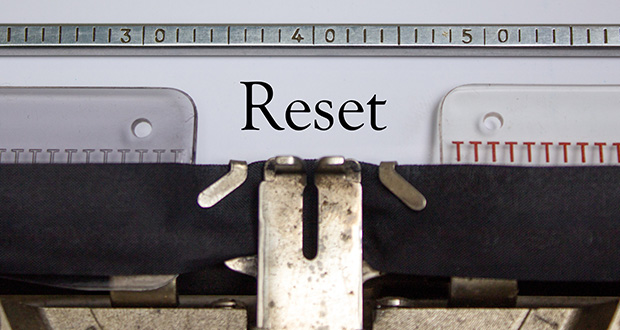The immediate reactions by many Australian universities to the events of 2020 have been just that, reactions. It could not have been anything but a reaction really, could it?
Although we might have had a pandemic in our risk register, no-one could really have foreseen a loss of revenue and a need to change our learning, campus operations, budgets and plans for our staffing profiles to the extent that we have this year. In the circumstances, the reactions have been excellent in-flight adjustments to operations.
Each of our 39 institutions has largely had to fend for itself and most are making their response, maybe from an assessment of strategic context and opportunity, or maybe more of a feeling of how to achieve survival. They are each doing what seems right for them to get through to the end of the year. It has never been a tougher time to work in a university.
We all came into all of this in 2020 with our own existing strategies. Depending on where we were up to in our cycles of usually 5-year planning, and maybe of having new or established or renewed vice chancellors, these strategies may have been newly framed progressions from recent trajectories, or rusted-on commitments to well-trodden and variously successful paths.
But how many of the university strategies in place in March 2020 remain valid for 2021 and beyond? Do they need to be thrown away and started again with new business models set without the constraints of former assumptions? Can they just be refreshed in the current context as amended, slowed down, or powered up versions of former plans? Or is the strategy word of 2020 really going to turn out to be “pivot”?
We have an excellent set of universities in Australia. They punch above their weight in research, diversity, innovation, commitment to equity, and up until this year their attractiveness to growing numbers of international students. They have been pioneers in online education and digital innovation and some of the strongest examples of civic universities serving distinct and diverse priorities in community engagement.
They have steadily improved across the board in global university rankings. Our nation’s performance in global research and international education markets has been out of all proportion to our size, history and the resources and support given to the sector. From distinct origins, with a variety of missions, the biggest surprise and potentially greatest lost opportunity, has been how much they have all migrated towards becoming similar. They are currently largely set up to seek the same goals.
The race has been to be better and the same, rather than better and different. The commonality in the funding and regulation policies, and the application of a growing variety of rankings that measure them all by common criteria, has encouraged the dominant research players to also pursue a community engagement and widening participation agenda and the most mission-driven regional provider to also seek research excellence.
Few have dared to be different in an age where competitive advantage in other sectors through specialisation is commonplace. One of the principal drivers of differentiation and specialisation in other sectors, and the most significant strategic disruptor of a generation, has been digital innovation.
It has long been heralded as the technology that will change, threaten and set apart universities, and provide opportunities for new entrants. But up until now, few Australian universities have really pursued a clear differentiation strategy through technology and digital delivery. The motivation to do so has apparently not been as great as the forces that sees them all seek to be the same.
But what about the other parts of our change management plans? Where do we look for new income streams, changing the business model, resetting strategy, and pivoting? There has had to be so much focus on gaining clarity and certainty, and making emergency responses, that the bandwidth for reset has been in short supply. We know we have to do it, mostly. But is there enough time, energy and courage right now?
At some point, we all have to move out of panic mode and take a big breath before making new starts. It’s called a strategic reset. It needs reflection on the journey travelled to date, assessment of the situation we are now in, evaluation of the people we have around us, consideration of what others are doing, a survey of the opportunities and options, some clear and focused new thinking, and action.
Timing is everything but ‘not resetting’ is not an option. Agility in moving online got us out of the immediate crisis. And cutting our cloth and changing the shape and size will help us survive the short-term emergency. But nothing short of significant reconsideration of purpose, position, strategy, culture and business model is required to secure a sustainable future. And now is the time to start the process. A new health check has just been launched, to assist university leadership teams self-assess their strategic readiness for change, and is available at hedx.com.au .
We are beginning to know much more about how all 39 universities vary in terms of income lost and staff numbers to be shed. But what do we know about the strategic thinking that is taking place in the chancelleries of each of our universities right now?
Not many have publicly declared, radically new strategies, as of yet. One of the first to do so is Swinburne University of Technology and the interview with its new VC Pascale Quester on HEDx episode 10 on Campus Review Radio last week gave insights into her vision to win the right race for Swinburne. You can hear it here.

Martin Betts is Emeritus Professor at Griffith University and founder of HEDx.
Do you have an idea for a story?Email [email protected]
 Campus Review The latest in higher education news
Campus Review The latest in higher education news

